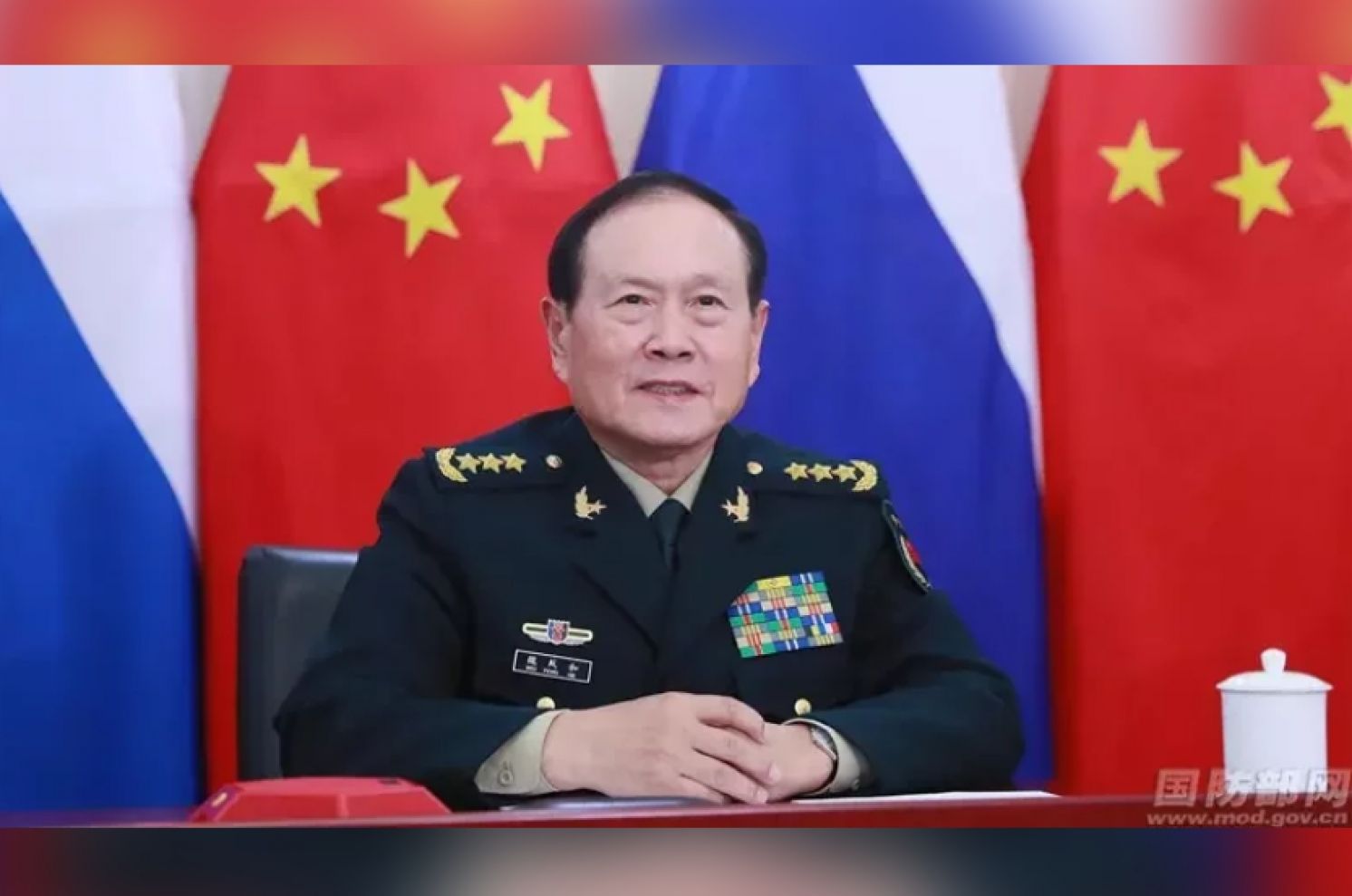
This Week in Taiwan 1120-1126
November 20: In order to support the Democratic Progressive Party's (DPP) Taipei mayoral candidate Chen Shih-chung, Minister of Health and Welfare Hsueh Jui-yuan stated that Chen helped block many vaccine brokers from making money, but the minister's comments attracted criticism. Hsueh even stated that the vaccine brokers are fundamentally "vaccine scammers" who approached the Central Epidemic Command Center using industry and religious group connections and sought to profit from vaccine procurement. Lin Po-fung, chairman of the Third Wednesday Club, stated angrily that business associations wanted to donate money to the government to buy vaccines, not to make money. According to Lin, the government should admit its mistake and stop making excuses.
November 21: The Taiwan Semiconductor Manufacturing Company (TSMC) will hold a ceremony for the arrival of the first batch of machines and equipment at its 5-nanometer plant in Arizona on December 6, and Secretary of Commerce Gina Raimondo is invited to attend. Mass production is expected to begin in 2024. Morris Chang, founder of TSMC, confirmed that the company's 3-nanometer plan is almost finalized and will be set up at the same site in Arizona as a second phase.
November 22: U.S. Secretary of Defense Lloyd Austin held talks with China's Minister of National Defense Wei Fenghe. Austin reiterated U.S. support of the "One China" policy, emphasized the importance of peace and stability in the Taiwan Strait and called on the mainland to devoid destabilizing actions against Taiwan. Wei stated that Taiwan is at the core of China's core interests and is the first insurmountable red line in U.S.-China relations which no external force has the right to interfere.
November 23: The Ministry of National Defense (MND) announced the discovery of a Ka28 anti-submarine helicopter carried by a People's Liberation Army (PLA) warship in the waters near eastern Taiwan, indicating PLA naval activity. This is the first time that the MND disclosed PLA aircraft and ships operating near eastern Taiwan before the recent local elections, which is relatively sensitive information. The MND stated that the military used mission aircraft, ships, and shore-mounted missile systems to closely monitor the situation.
November 23: The Army's mechanized infantry brigade conducted a joint combat training exercise at the Pingtung Base, including various types of artillery, army aviation AH-1W attack helicopters, and armored vehicles. Among them, the Javelin missile, which performed brilliantly in the Russia-Ukraine War, also participated in the training. The 400 Javelin missiles that the Army continues to purchase are expected to be delivered in December.
November 24: Representative Kevin McCarthy, Republican leader of the House of Representatives, is expected to be elected speaker. He has publicly stated that if he becomes speaker, he would be happy to visit Taiwan. Will this move step on China's "red line?" Director-General Chen Ming-tong of the National Security Bureau stated in the Legislative Yuan that China's red line is "constantly floating." Whether McCarthy will come to Taiwan must be decided through U.S.-Taiwan negotiations. Based on the experience of former Speaker Nancy Pelosi, it is necessary for Taiwan to prepare adequately for all possible scenarios.
November 25: According to the Central Weather Bureau (CWB), Ministry of Transportation and Communications, as of November 23, the average temperature in November was 24.3 degrees, 1.6 degree higher than the previous average. Yushan Meteorological Station even observed the warmest autumn since the station was established. The CWB stated that this November has the potential to become Taiwan's warmest November on record.
November 26: The results of the local elections were unveiled. The ruling Democratic Progressive Party (DPP) lost local governments in all of northern Taiwan, suffering a historic defeat. Kuomintang (KMT) Taipei mayoral candidate Chiang Wan-an beat DPP candidate Chen Shih-chung by more than 100,000 votes. The DPP also lost Keelung, Taoyuan, and Hsinchu, cities in northern Taiwan. The DPP's ruling territory shrank from three municipalities and four counties to two municipalities and three counties. President Tsai Ing-wen announced at a press conference at 9 PM that she would step down as DPP chairwoman but did not apologize and left the press conference after a bow. Premier Su Tseng-chang resigned verbally but was asked by the president to remain at his post.
Additionally, the confirmation vote on the proposed constitutional amendment to lower the voting age to 18 did not achieve a sufficient number of consent votes to reach the threshold of 9.62 million. The constitutional amendment failed to pass.